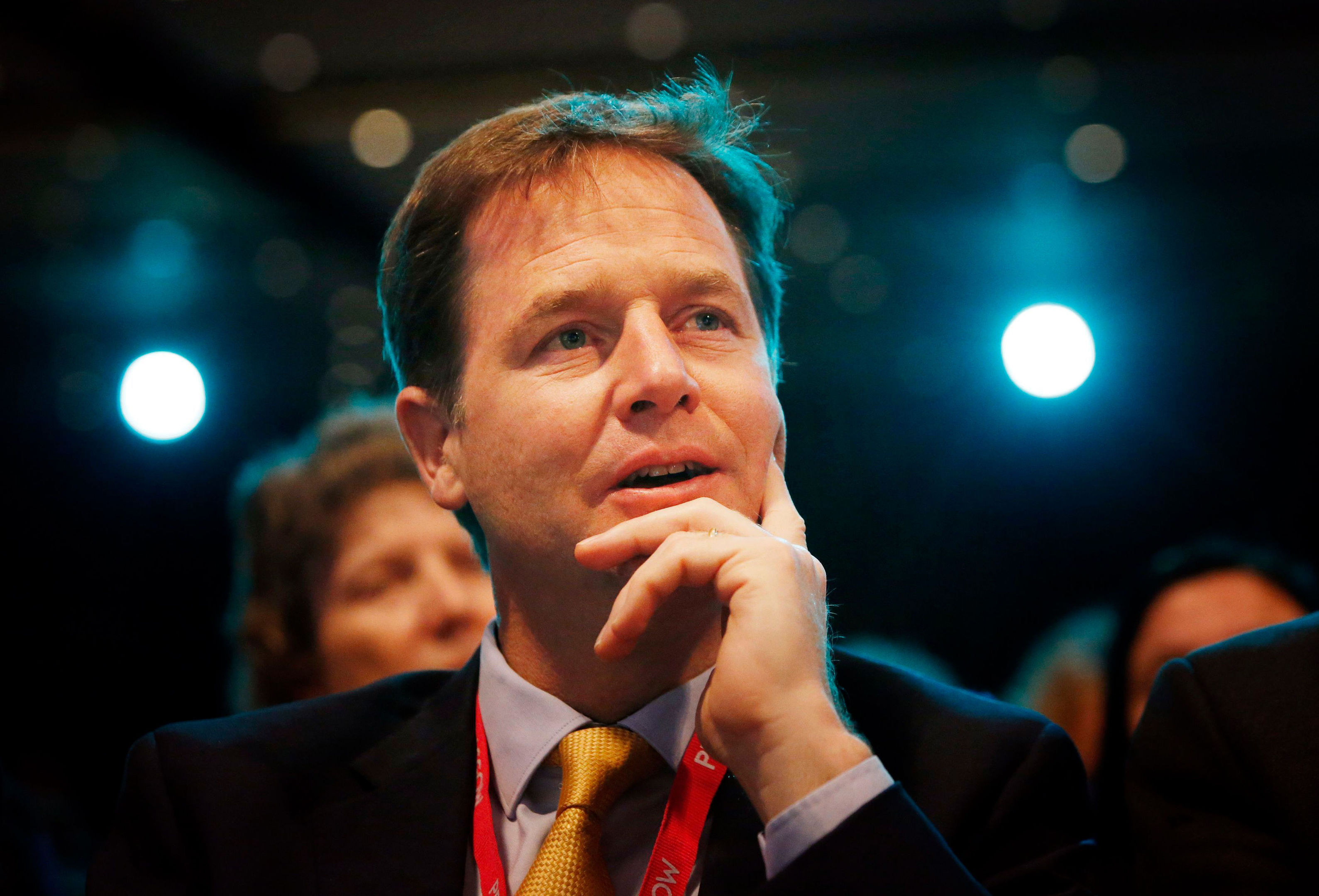
ON the eve of a new year, I was going to write about how 2017 marked a watershed.
How it was a year that we finally woke up to the scale of the abuses of power from Hollywood to Holyrood and said ‘enough is enough’.
Smashing the tyranny of inequality in all its forms, felt like an optimistic note to end what has been a tumultuous year.
And then news broke that Nick Clegg was to be knighted in the New Year’s Honours list.
The link between the myriad abuses of power painfully stripped bare in the wake of Harvey Weinstein’s disgrace and the former leader of the Lib Dems becoming a knight of the realm may not be immediately obvious but it is all about privilege; who has it, who gives it and how it is used.
When I was a child, maybe 11 or 12, my mother became exasperated because I refused to address our local GP as “Dr”. She said I was being disrespectful. I asked what he had done to earn my respect. She talked of his training, his sacrifice and years of public service.
And while I grudgingly accepted her point, I still couldn’t accept that a title was necessary for someone basically doing their job.
Titles hang heavy with pre-conceptions about place, respect and reverence.
They also normally, even for that doctor, define privilege and the fact that outcomes in life are dictated by the family you’ve been lucky enough to be born into.
This year, following on from Weinstein and the outpouring of consciousness about how power distorts, it felt like there had been a cultural shift around entitlement but when you wake to the news that a white, privately educated, middle-aged man from the political elite who led his party into oblivion, is to be rewarded with yet more privilege, you do wonder plus ca change…
What grates so much about Clegg’s ennoblement is his hypocrisy. Even before we get to the point of discussing his political failures, we should remind ourselves that this is a man who campaigned to put an end to the kind of privilege that means “who” you know is more important than “what” you know.
This is a man who talked the talk but did not walk the walk. He called for an end to nepotism but it was revealed his father had “had a word” in the right ear and secured him an internship at a bank in Finland during his gap year between leaving £10,000 a term Westminster School and taking up his place at Cambridge.
This is a man who had to admit his own party was “employing”unpaid interns and his anti-nepotism tsar had given his own children jobs.
This is a man who preached equality and democracy but who, having lost his own seat will now, with a title in front of his name, be afforded a passport to yet more privilege and riches.
Privilege breeds privilege and while it’s easy to act in judgement of others when you sit atop the tree, if Nick Clegg was serious about ending the corrosive nature of elitism which means where you start in life dictates where you end it, then, when he got the call, he should only have replied: ‘Thank-you, but no Siree’.

Enjoy the convenience of having The Sunday Post delivered as a digital ePaper straight to your smartphone, tablet or computer.
Subscribe for only £5.49 a month and enjoy all the benefits of the printed paper as a digital replica.
Subscribe